The Impact of Holmes and Hunter-Gault
The Impact of Holmes and Hunter-Gault
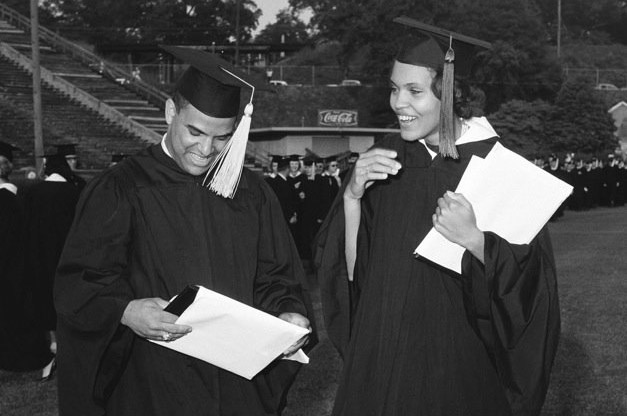
Updated 2/04/2025
As we approach the annual Holmes-Hunter Lecture Series, delivered in Black History Month, it is a fitting occasion to delve into the history of the first Black students to enroll at the University of Georgia and how their pioneering achievements shaped the university, their chosen fields of study, and the civil rights movement at large.
The Road to UGA:
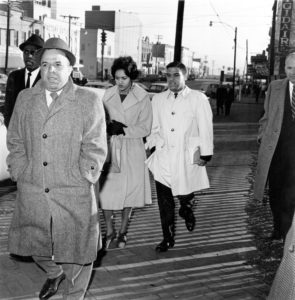
Hamilton Holmes and Charlayne Hunter (now Hunter-Gault) were both well-known at their shared alma mater in Atlanta, Henry McNeal Turner High School. With Holmes as the soon-to-be valedictorian and Hunter the editor-in-chief of the school newspaper, they were soon identified as ideal candidates to jump-start integration of white Georgia universities.
Following their graduation in 1959, the students applied to UGA – Holmes to pursue medicine and Hunter-Gault to study journalism – but both were rejected. Each quarter, Holmes and Hunter-Gault re-applied to UGA, only to be repeatedly denied admission.
As they continued their studies at other schools, their legal team likewise continued to challenge the university’s decision. Finally, in 1961, Federal District Judge William Bootle ruled that the students would have already been admitted had it not been for their race. Within three days of the decision, Holmes v. Danner, Holmes and Hunter-Gault had enrolled at the University of Georgia.
Their Impact:
Professional Accolades
Holmes and Hunter-Gault graduated from their respective programs in 1963, and began their careers in the newly desegregating world they had helped create.
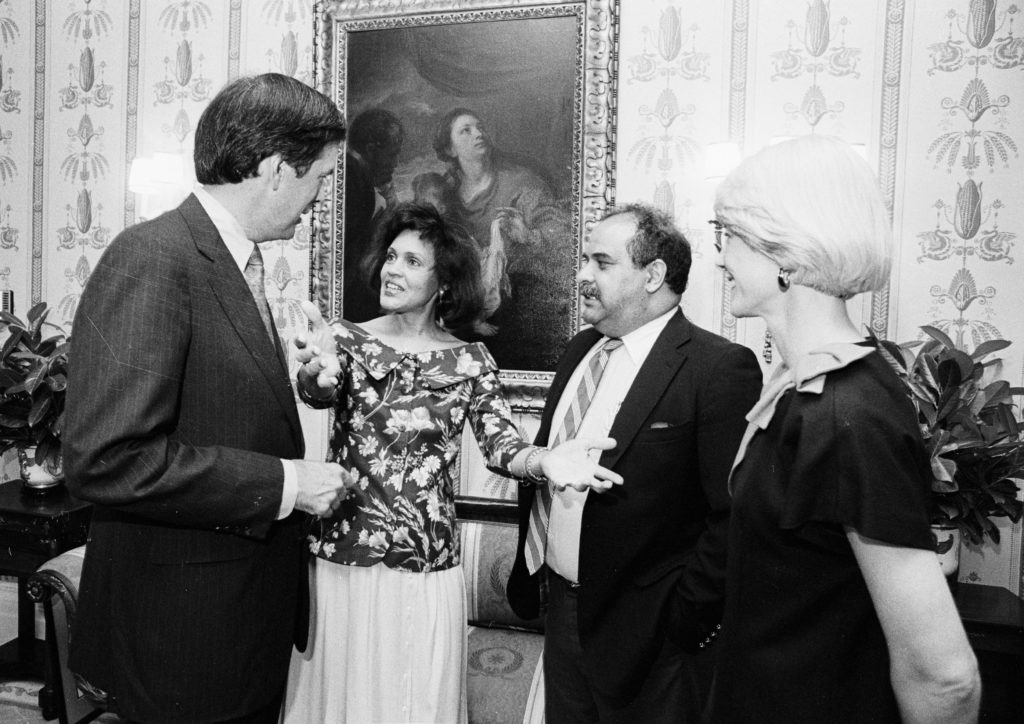
Holmes became the first African American student admitted to Emory University School of Medicine, where he studied orthopedics and later served as an assistant professor and associate dean.
A former army ranger, Holmes worked as the chief of orthopedics at the Veterans Administration hospital in Atlanta, opened a private practice, and eventually became the medical director and head orthopedic surgeon at Grady Memorial Hospital.
Holmes was also the first African American to be on the university’s Board of Trustees.
Following her graduation, Hunter-Gault began a long, storied career in journalism, starting with work as an editorial assistant at The New Yorker, later becoming their first African American staff writer. Over the years, she also worked as a news reporter in Washington, D.C, established The New York Times’ Harlem Bureau, served as NPR’s chief correspondent in Africa, and eventually became CNN’s Johannesburg bureau chief and correspondent, a position she held until 2005.
Her work in both print and broadcast journalism earned her, among other accolades, two National News and Documentary Emmy Awards and two Peabody Awards. She now serves on the Peabody Awards Board of Jurors, befitting her status as an influential and distinguished alumna.
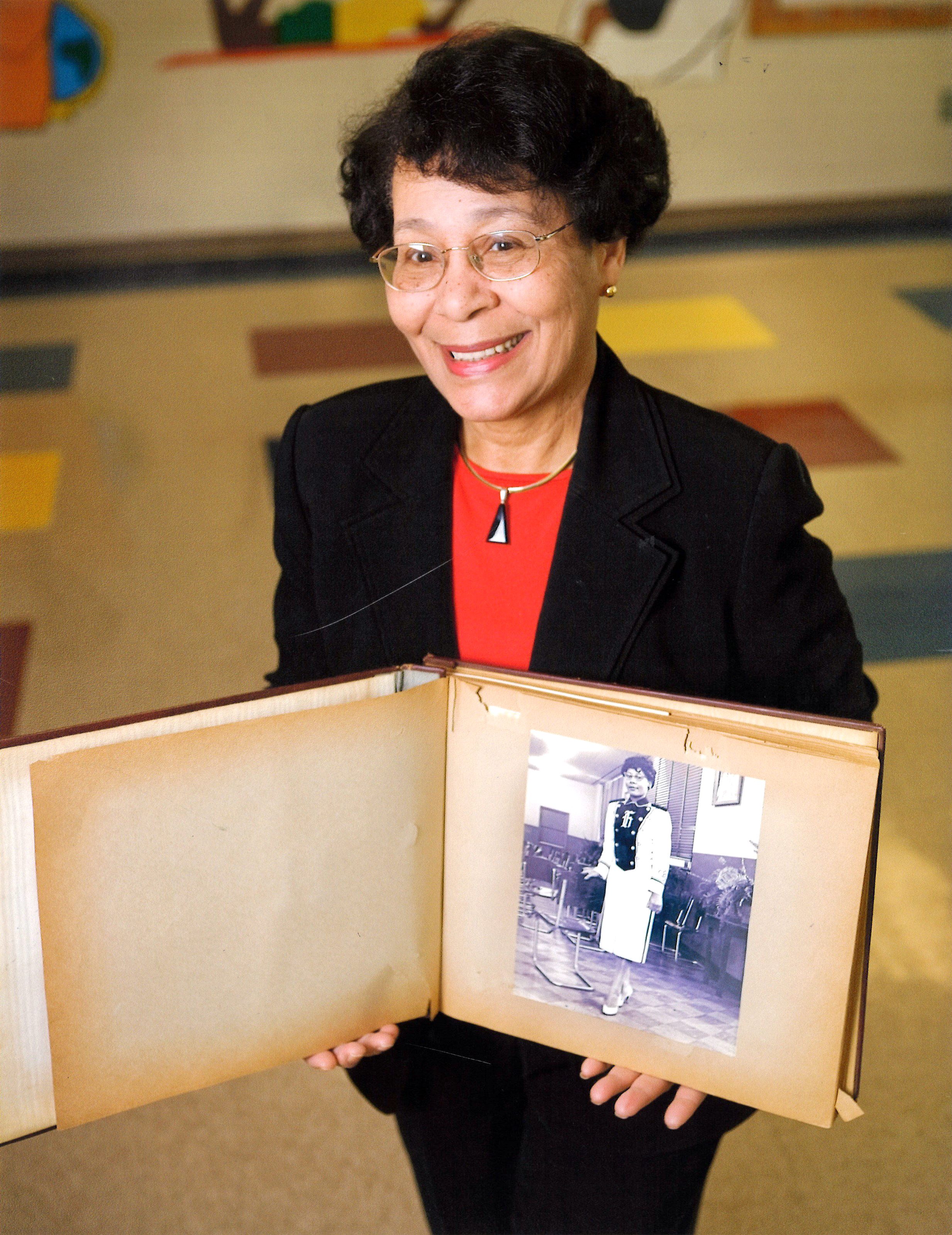
Mary Frances Early
Holmes and Hunter-Gault were not the only Black students to make an impact at UGA in the years that followed desegregation.
Shortly after their success, another alumna of Henry McNeal Turner High, Mary Frances Early, enrolled at UGA and received her master’s degree in music education in 1962. She was the first African American graduate of the university.
The Masters of Music Education program is now housed at the Hugh Hodgson School of Music and is available to complete 100% online in as little as 14 months.
In 2020, the Mary Frances Early College of Education was named in her honor. In conjunction with the college, UGA Online now offers over ten masters degrees in education, alongside numerous certifications, programs ranging from the Master of Arts in Teaching (M.A.T.) in Special Education to the Master of Education (M.Ed.) in Science Education, Master of Education (M.Ed.) in Educational Psychology – Gifted & Creative Education and more.
Legacy at UGA
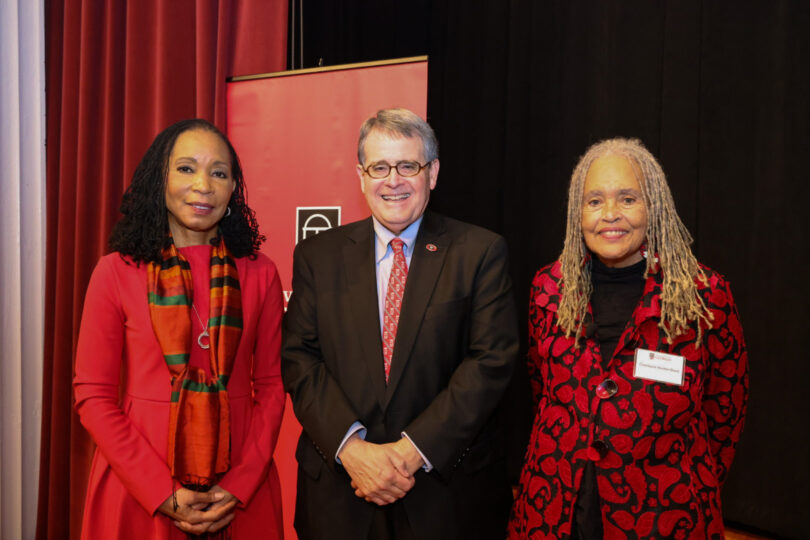
Holmes and Hunter-Gault’s legacy on campus continues to this day. The most readily apparent of their honors, the Holmes-Hunter Academic Building is one of the first structures to welcome students and visitors to UGA as they pass by the Arch and into the historic North Campus.
Also hosted on North Campus is the Holmes-Hunter Signature Lecture Series, which is given by a “distinguished scholar or public figure and focuses on race relations, aspects of higher education with implications for race relations or black history.”
Continuing her work in amplifying marginalized voices, Charlayne and her husband Ron also started the Charlayne Hunter-Gault Giving Voice to the Voiceless Program in 2018, which provides grants to UGA student projects that seek to promote social justice and further global understanding. The grant is administered out of the Grady College of Journalism and Mass Communication.
Her continued support of Grady has allowed the college to expand its reach to more and more marginalized students over the years, including online offerings like the Low-Residency MFA in Narrative Nonfiction.
